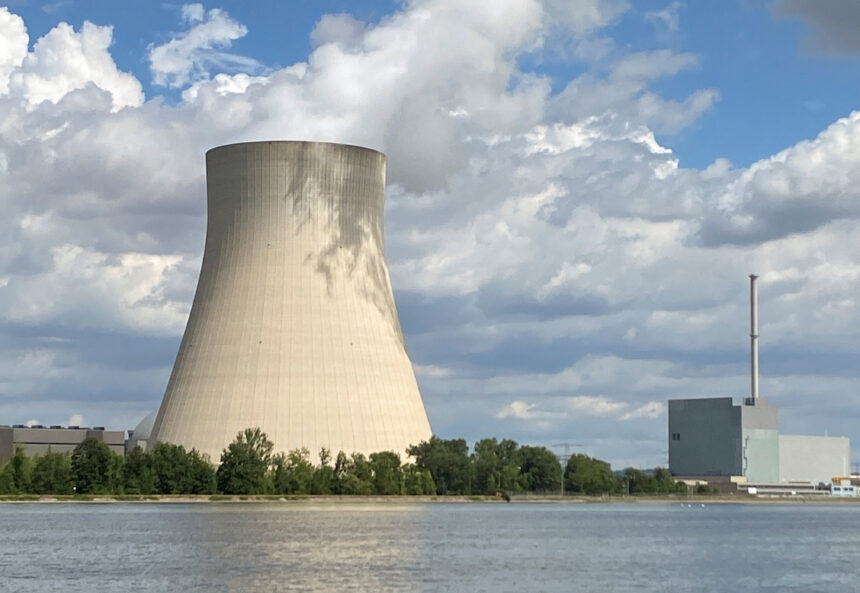Kenya is on the verge of a groundbreaking development in its energy sector, with plans to commence the construction of its maiden nuclear power plant in 2027. This bold move aims to diversify the country’s energy sources, meet rising demand, and transition towards zero-carbon energy production.
Justus Wabuyabo, the Acting CEO of the Nuclear Power and Energy Agency (NuPEA), revealed that the agency is in the advanced stages of preparing international tenders for the construction of the nuclear plant. The chosen location is expected to be in either Kilifi or Kwale counties.
The journey towards nuclear power began with the approval from the International Atomic Energy Agency (IAEA) in 2021, allowing Kenya to proceed with the necessary infrastructure setup.
According to Wabuyabo, the bidding process is scheduled for anytime between 2026 and 2027, with construction anticipated to take six to ten years. Consequently, Kenya is eyeing 2034-35 for the commissioning of its first nuclear plant.
Kilifi and Kwale have emerged as potential sites for the plant, meeting most of the criteria. However, a detailed scientific study, including seismic tests mandated by the IAEA, will determine the final location.
The nuclear plant is projected to generate 1,000 Megawatts (MW) of electricity, a crucial contribution to bolstering the nation’s power supply and reducing reliance on fossil fuel-based thermal plants. This ambitious endeavor aligns with Kenya’s aspirations of becoming a middle-income economy by 2030, which entails a surge in electricity demand.
As of May, geothermal energy dominated Kenya’s electricity generation at 45.21%, followed by hydro (21.05%), wind (16.08%), and solar (3.92%). However, the nuclear project comes with the added requirement of upgrading the electricity transmission network to ensure a reliable power supply to the nuclear plants, given the safety and capacity demands of such installations.
Notably, South Africa is the sole African nation with a commercial nuclear plant, contributing 5% of its electricity supply. In contrast, nuclear power constitutes 47% of electricity generation in the United States.
Kenya’s commitment to realizing its nuclear energy ambitions is evident in its efforts to develop a skilled workforce. The country has been sending numerous students abroad to learn from developed economies proficient in nuclear energy, ensuring that Kenya minimizes dependence on imported expertise.


